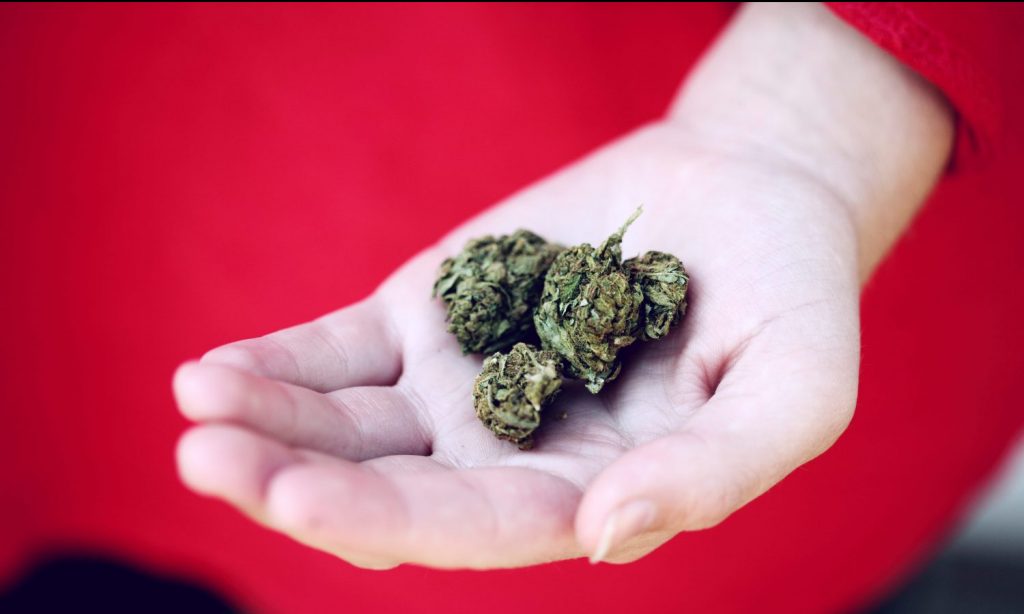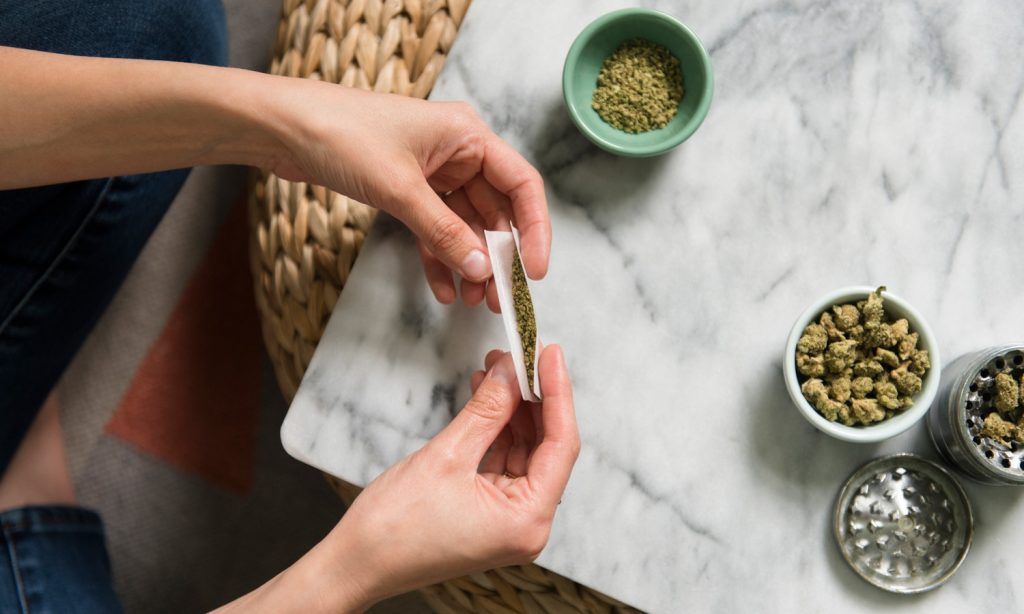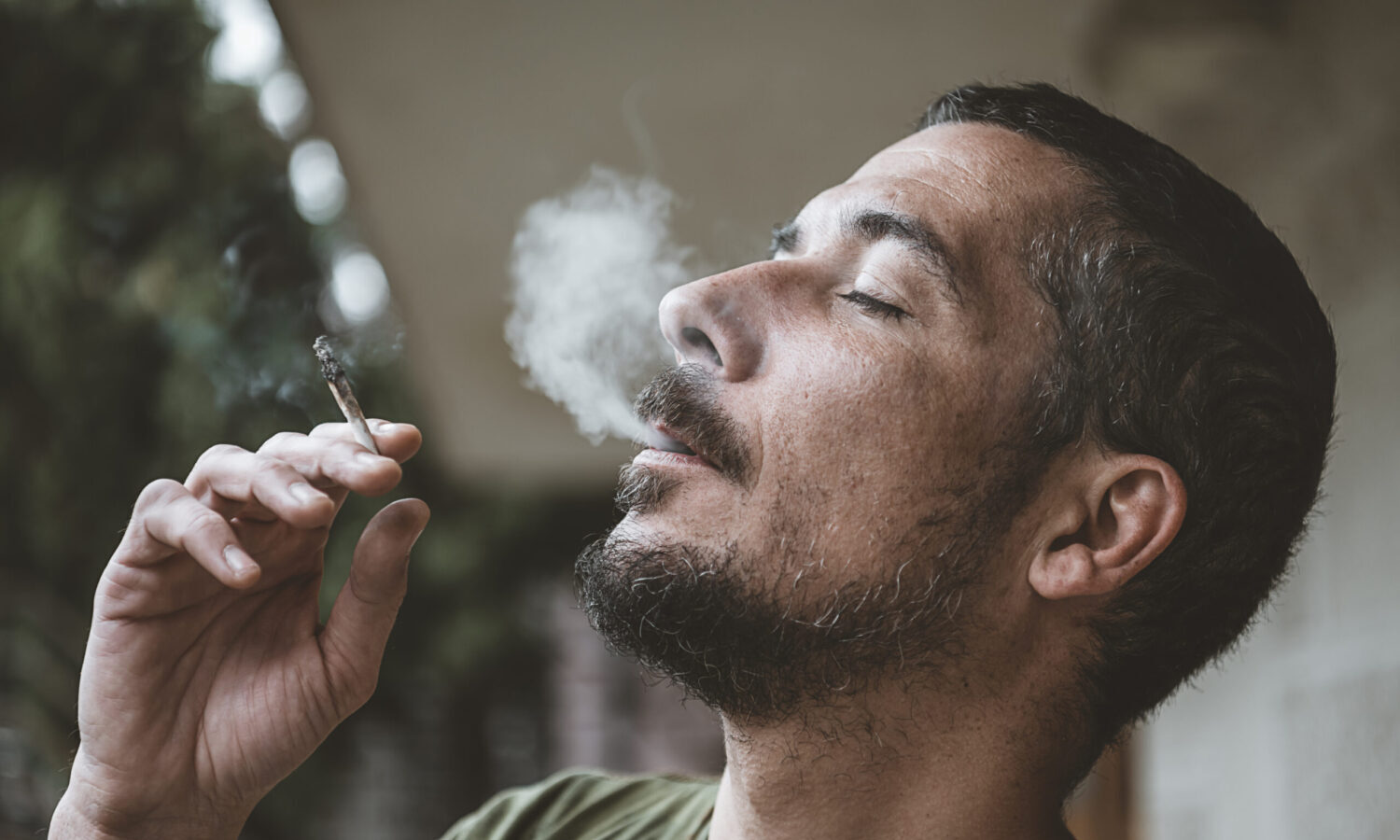Spotting symptoms of marijuana addiction isn’t all that simple. Here’s what you should know.
Marijuana needs more research in order to be fully understood, yet experts swear that there are more benefits associated with its use than there are risks.
The majority of people can use cannabis without getting addicted, able to quit cold turkey even when consuming the drug regularly. There are exceptions though; people with certain predispositions may find their lives difficult to handle without cannabis.
RELATED: People With These Disorders May Be More Likely To Overuse Cannabis, Finds Study

Cannabis use disorder (CUD) is a complex issue. According to some studies and health experts, it affects 30% of marijuana users, impairing their lives significantly. These people find their relationships, jobs, and more affected by the drug, prioritizing it over many things.
According to the Diagnostic and Statistical Manual of Mental Disorders (DSM-5), the manual used by mental health practitioners to diagnose mental health conditions and disorders, a person must meet two out of 11 requirements to be diagnosed with CUD. These requirements are extensive and similar to other forms of addiction. They include symptoms like marijuana cravings, interpersonal problems arising due to cannabis use, using the plant when in a dangerous situation, and more.
When looking at the data, the marijuana users that are most likely to develop addictions are adolescents. This is concerning and makes some sense considering that teen brains are still in development; copious marijuana use could impact their brains’ makeup, creating problems for their future. Teens who overuse cannabis are at higher risk of certain mental health conditions, among them anxiety, depression, and, most concerning, schizophrenia.
Researchers theorize that teens are more likely to get addicted to cannabis and other drugs due to the strong associations they create between pleasure and reward. Forming these associations from a young age makes the cannabis cravings and highs difficult to shake off once their brains grow older.

When discussing CUD in people of all ages, other factors that increase the odds of developing an addiction include genetics, the existence of mental health conditions such as depression and anxiety, and more. Addiction has a genetic and environmental component, with children of addicts having higher odds of developing addictions.
Since the side effects of cannabis are relatively mild, spotting the symptoms of marijuana withdrawal can be difficult. These include irritability, nervousness, aggression, sleep disturbances, headaches, and more. The easiest point of comparison would be to compare CUD symptoms with the symptoms of someone that’s addicted to tobacco; these people may find themselves fidgeting or needing to increase their dosage over time in order to have the same experience that they used to. Like all addictions, if someone finds themselves having arguments with their family or putting themselves in dangerous situations because of their substance of choice, it’s likely that they have a problem.
RELATED: Can You Really Blame Cannabis For Your Cannabis Addiction?
In order to manage CUD, it’s important for people to stop their cannabis usage for a period of time, monitoring their bodies’ response to it. If the person is unable to complete it or finds the challenge extremely difficult, professional help may be needed. Psychiatrists and psychologists often treat addictions with Cognitive Behavioral Therapy (CBT). These treatments are usually short-term, with the therapist providing the client with tools that can help them rewire their brains and change their ways of thinking and acting.


